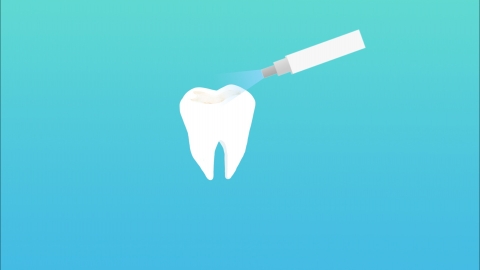Can a loose baby tooth due to trauma recover?
When a baby tooth is slightly loose but the root remains undamaged, it usually can recover. However, if the tooth is severely loose or the root is fractured or resorbed, recovery is unlikely and early extraction may be necessary. If redness and swelling appear around the loose tooth, or if the child experiences pain or fever, prompt medical evaluation is required.

If the baby tooth has only experienced a minor impact causing slight mobility, with an intact root and no damage to the underlying permanent tooth germ, allowing the tooth to rest and avoiding pressure can promote natural healing. The favorable oral environment supports gradual recovery of the periodontal tissues, and mobility typically improves significantly within 1–2 weeks. The tooth can then continue functioning normally for chewing until it naturally exfoliates.
If the impact was severe, resulting in significant looseness of the baby tooth, or if examination reveals root fracture, resorption, or even interference with the development of the underlying permanent tooth germ, the likelihood of spontaneous recovery is extremely low. In such cases, retaining the tooth may lead to infection, pain, or impede the normal eruption of the permanent tooth. Early extraction under a dentist's guidance is usually recommended, and in some cases, a space maintainer may be needed to preserve room for the permanent tooth.
In daily care, avoid letting the child chew hard foods with the loose baby tooth; opt for soft foods instead. Maintain good oral hygiene by rinsing with warm water after meals and gently brushing teeth twice daily, taking care to avoid the area around the loose tooth.




